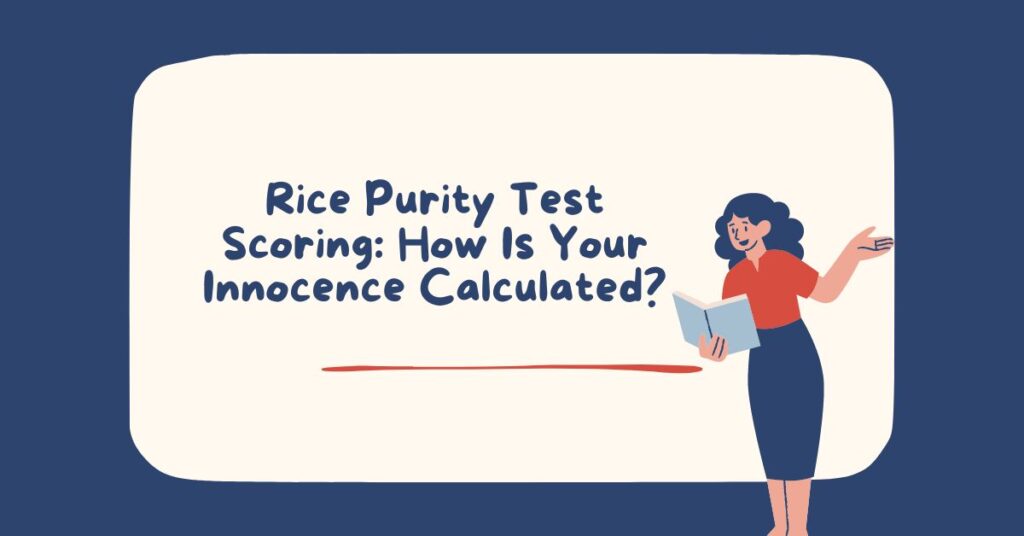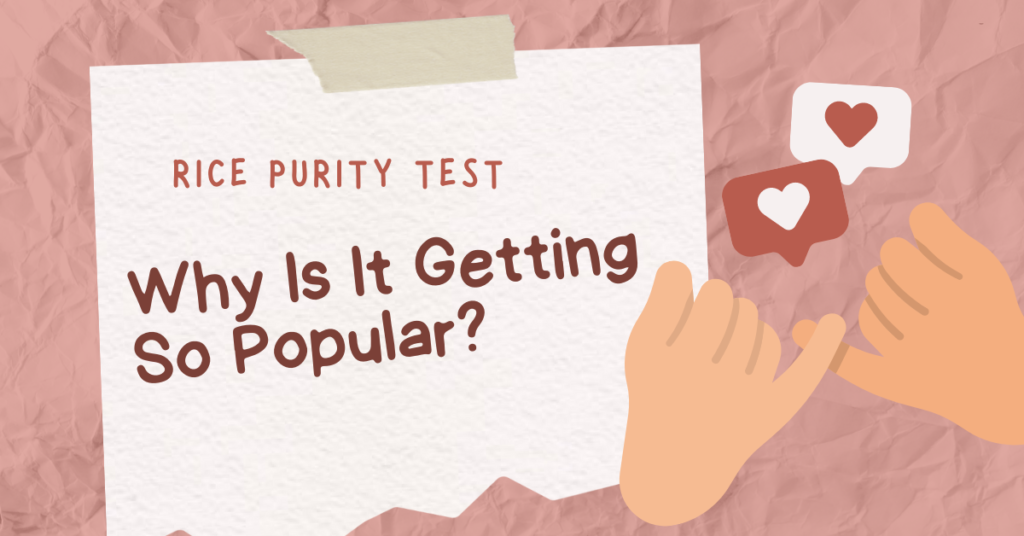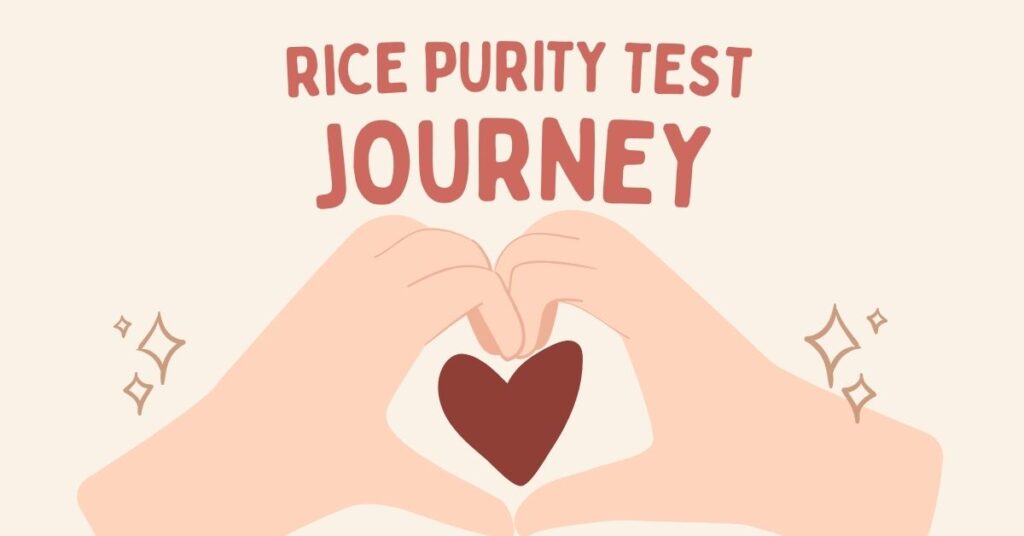David John is the founder and author of thericepurity.com, a website dedicated to the Rice Purity test. This well-known self-evaluation tool is divided into sections covering personal life, connections violating rules, undesirable behaviors and addictions, and physical relations. David's website provides a platform for individuals to explore and understand their purity levels across these areas, offering valuable insights and resources for personal growth and self-awareness. Through his writing and expertise, David aims to guide readers on a journey of introspection and improvement, helping them navigate various aspects of their lives with clarity and purpose.
The Rice Purity Test is an easy quiz that allows people to see how harmless they are by asking them about various things they might have accomplished. It started at Rice University to assist college students in recognizing every difference better by sharing what they have or have not finished. Now, many people all over the internet take this quiz for a laugh and to examine themselves with others.
Purpose of the Test
The number one aim of the Rice Purity Test, when it was first brought, turned out to help college students at Rice University shape connections through discussions about life reports. Today, it serves multiple extra functions:
- Self-mirrored image: Individuals can replicate their past behaviours and lifestyles.
- Peer bonding: It facilitates conversations amongst peers about personal experiences.
- Entertainment: Many people take a look for fun and are curious to see how “natural” or “corrupt” they may be consistent with the test’s standards.
How Is the Score Calculated?
The Rice Purity Test rating is calculated based on the variety of “no” responses to the 100 questions asked, which means every question a person answers “no” provides one point to their purity rating. Thus, someone who answers “no” to all questions would rate an incredible one hundred, indicating most “innocence” even though a rating closer to 0 might indicate sizable experience in the surveyed activities.
Rice Purity Test Scoring Chart
| Score Range | Level of Innocence | Typical Experiences |
| 100 – 98 | Extremely Innocent | No experience with relationships, intimacy, unlawful activities, or substances. |
| 97 – 94 | Very Innocent | Very limited experience; might have kissed someone or tried alcohol minimally. |
| 93 – 85 | Innocent | Some exposure to romantic activities might have led to mild rule-breaking. |
| 84 – 77 | Somewhat Innocent | Engaged in intimate activities, possibly including minor substance use. |
| 76 to 65 | Experienced | Involved in intimate relationships, likely tried substances, may include misdemeanors. |
| 64 – 45 | Quite Experienced | Regular engagement in adult behaviors, including various substances, and perhaps minor legal infractions. |
| 44 – 30 | Very Experienced | Extensive intimate experiences and regular substance use might have been arrested. |
| 29 – 15 | Seasoned | There are very few activities left untried, including riskier behaviors and legal infractions. |
| 8 – 0 | Extremely Worldly | Participated in nearly every activity listed, indicating very few boundaries. |
Implications of the Test Results
Cultural Significance
The cultural effect of the Rice Purity Test is first-rate because it displays societal changes and shifts in moral attitudes. The test is, as a whole, a mirrored image of the time in which it was created, as it sits miles from the individuals taking it.
Over a long time, questions that once appeared shocking can now seem normal, and vice versa, illustrating changing ethical landscapes.
Psychological Impact
- Self-understanding: Helps individuals recognize their barriers and luxury degrees.
- Peer Comparison: It can cause comparisons amongst friends, which may be both advantageous and adverse.
- Stress Relief: The funny issue of the check can offer fun damage from critical self-introspection or academic pressures.
Criticisms of the Test
- Privacy Concerns: Some questions are relatively private, and solutions (even nameless ones) can expose touchy facts.
- Moral Judgment: The concept of “purity” is subjectively defined and can vary substantially between cultures, groups, and religions.
- Outdated Questions: Some questions may only apply sometimes or mirror modern-day societal norms.
Conclusion
The Rice Purity Test offers a unique lens through which individuals can reflect on their stories and behaviours. While it’s mostly taken for amusement, its effects can initiate thoughtful introspection about one’s life choices and private growth.
However, contributors should approach the test with the knowledge that “purity” and “corruption” are subjective concepts shaped by societal norms and that the test isn’t a definitive assessment of a person’s character or lifestyle.
As with any such survey, the context wherein it is taken, and the spirit wherein it is meant to be taken must guide how significantly its effects are considered.

David John is the founder and author of thericepurity.com, a website dedicated to the Rice Purity test. This well-known self-evaluation tool is divided into sections covering personal life, connections violating rules, undesirable behaviors and addictions, and physical relations. David's website provides a platform for individuals to explore and understand their purity levels across these areas, offering valuable insights and resources for personal growth and self-awareness. Through his writing and expertise, David aims to guide readers on a journey of introspection and improvement, helping them navigate various aspects of their lives with clarity and purpose.


